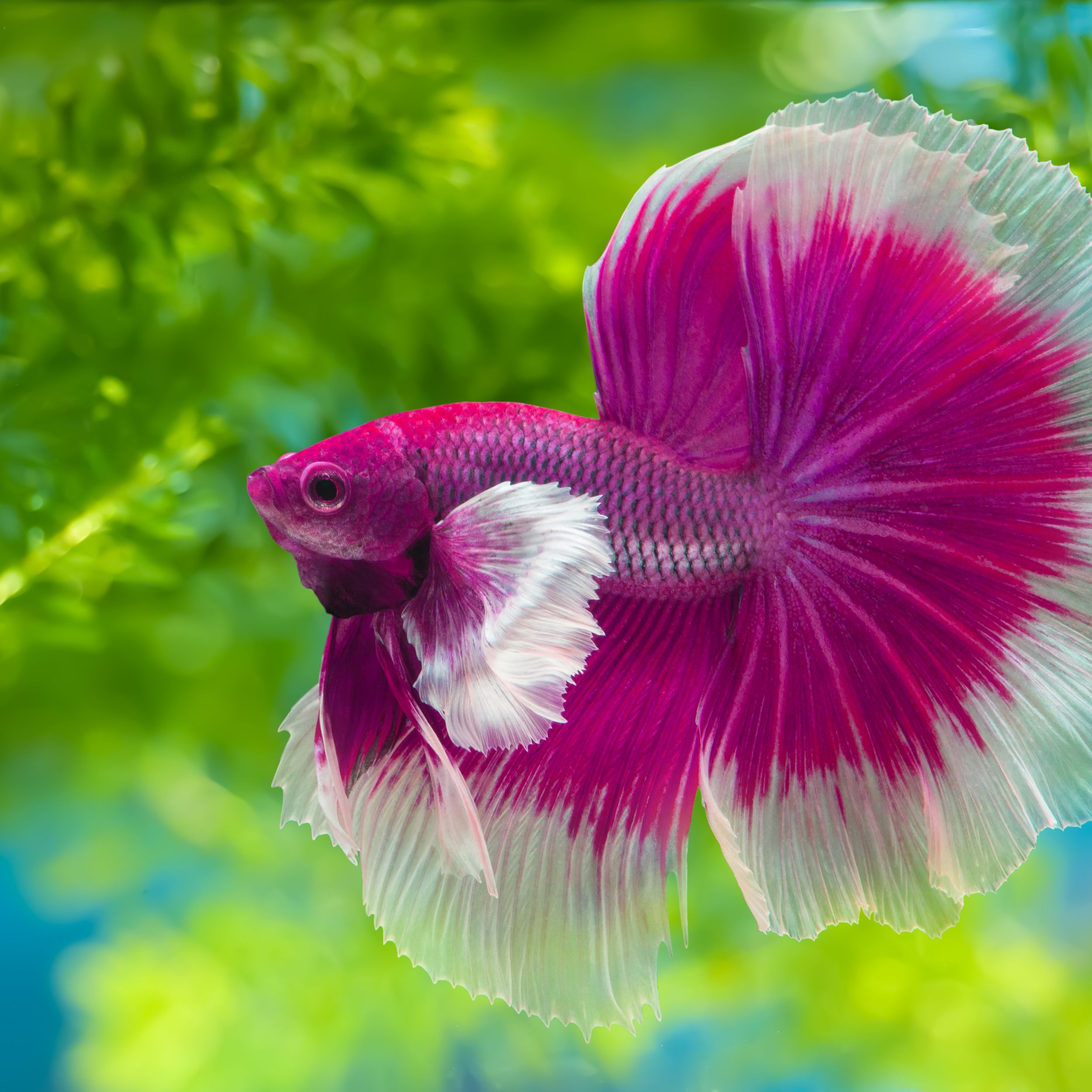The Ultimate Betta Fish Treatment Overview for New Family Pet Owners
The Ultimate Betta Fish Treatment Overview for New Family Pet Owners
Blog Article
The Ultimate Overview to Betta Fish Treatment: Essential Tips for Keeping a Healthy And Balanced and Flourishing Fish Tank Setting
Effective Betta fish care necessitates a detailed understanding of their unique environmental and physiological requirements. Developing an ideal fish tank begins with picking the right tank dimension and making certain ideal water conditions, which are vital for the wellness and health of your Betta. Moreover, comprehending correct feeding techniques and developing a favorable habitat can significantly impact your fish's vitality and habits. As you think about these fundamental elements, it becomes clear that keeping a thriving fish tank atmosphere calls for attention to information and continuous commitment. What details techniques will you apply to boost your Betta's lifestyle?
Selecting the Right Container
Choosing the ideal tank for your Betta fish is vital to guaranteeing its wellness and health. Bettas thrive in atmospheres that resemble their all-natural habitats, which normally contain tranquility, warm waters. A storage tank dimension of at the very least 5 gallons is recommended to offer appropriate swimming room, as smaller tanks can result in anxiety and wellness issues for these dynamic fish.
When choosing a tank, take into consideration the storage tank's shape and filtering system. Furthermore, a trusted filtering system is important to preserve water top quality and reduce the frequency of water changes.
Temperature regulation is an additional crucial element; Bettas prefer water temperature levels between 76 ° F and 82 ° F. Purchasing an excellent heating unit will ensure that the water continues to be within this variety, promoting a healthy and balanced and energetic lifestyle for your Betta. Last but not least, supplying suitable storage tank decorations and concealing areas will certainly assist reduce stress and anxiety and motivate all-natural habits, further improving your Betta's well-being.
Keeping Water Quality
Maintaining optimum water top quality is necessary for the wellness and durability of Betta fish. This needs regular tracking of different criteria, including temperature level, pH, ammonia, nitrite, and nitrate levels. Bettas prosper in temperature levels between 76 ° F and 82 ° F, so preserving a secure temperature level is important. Abrupt fluctuations can result in anxiety and ailment.
The pH level need to preferably drop in between 6.5 and 7.5. Routine screening making use of a reputable water screening set can assist make certain these parameters remain within the appropriate arrays. Ammonia and nitrite levels should always be at 0 ppm, as even reduced concentrations can be harmful to Betta fish. Nitrate levels ought to be kept under 20 ppm to avoid long-lasting health and wellness problems.
Routine water changes are crucial to preserving water quality. In addition, integrating a durable filtration system can assist in preserving water clarity and top quality, offering a much healthier habitat for your Betta fish.
Perfect Feeding Practices
Supplying a well balanced diet plan is essential for the wellness and dynamic pigmentation of Betta fish, as their nutritional requirements play a significant function in their total well-being. Betta fish are carnivorous by nature, requiring a diet plan high in protein. A combination of high-grade pellets, icy or real-time foods such as bloodworms, brine shrimp, and daphnia can give the important nutrients they require.
Feed your Betta fish a couple of times a day, supplying only what they can take in within 2 to three minutes to protect against overfeeding and preserve water top quality. Overfeeding can lead to excessive weight and health and wellness concerns, including click swim bladder disease. It is necessary to check their nutritional consumption and readjust portion sizes as necessary.
Along with healthy protein, a well balanced diet regimen should include vitamins and minerals to advertise optimal health. Think about supplementing their diet plan with high-quality flakes or pellets specifically developed for Betta fish, as these usually contain necessary additives.

Creating an Ideal Habitat

Water quality is extremely important; preserve a temperature level between 76 ° F and 82 ° F, and make sure the pH degree ranges from 6 - betta fish.5 to 7.5. Regular water modifications of 25-50% weekly will certainly help keep toxic substances away and make certain a stable atmosphere
Integrating read the article plants and concealing places is essential, as Betta fish are naturally territorial and take pleasure in having locations to discover and retreat. Live or silk plants, along with caves and ornaments, can produce a revitalizing setting.

Regular Wellness Checkups
Carrying out regular health and wellness examinations is vital for making sure the well-being of Betta fish, as very early detection of possible problems can protect against severe health issue. These appointments should include an extensive examination of the fish's physical condition, actions, and environmental aspects.
Begin by observing the Betta fish for any indications of distress, such as sleepiness, loss of hunger, or uncommon swimming patterns. Additionally, check the fins and body for signs of discoloration, sores, or fin rot, which can indicate infections or parasites. Regularly checking the water quality in the aquarium is just as crucial; criteria such as pH, ammonia, nitrite, and nitrate degrees need to be preserved within ideal arrays to stop stress and anxiety and ailment.
Additionally, consider maintaining a log of health observations and water quality tests. Prompt treatment can make a substantial distinction in the healing of your Betta fish, guaranteeing a long and healthy life in a well-maintained aquarium environment.
Conclusion
In conclusion, successful Betta fish treatment pivots on developing and preserving an optimal aquarium setting. my blog By following these standards, aquarists can advertise the wellness and vibrancy of Betta fish, inevitably resulting in a thriving aquatic community.
Report this page